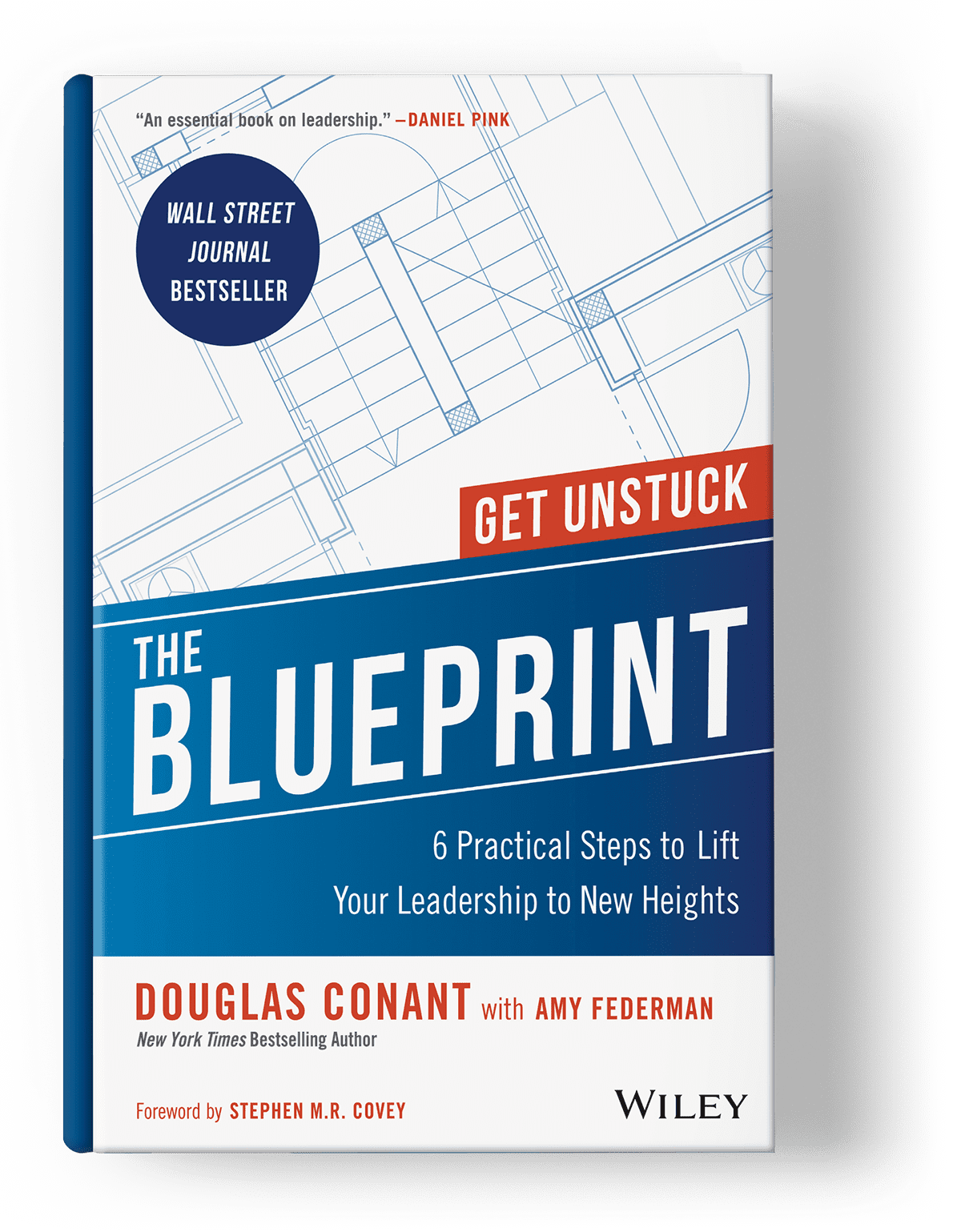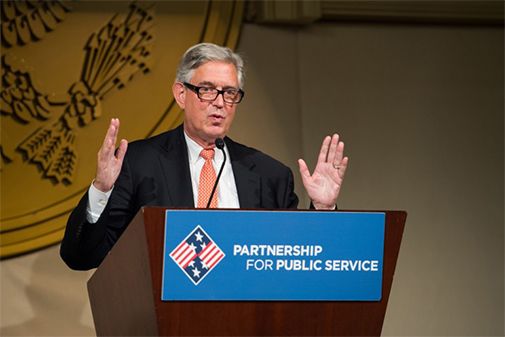Today we dispatched the May edition of our Leadership That Works Newsletter, a curated digest of the best leadership links to read right now, sent at the end of each month. In this month’s edition: what makes CEOs successful, the truth about loyalty, the 5 kinds of Impostor Syndrome, and more. As always, we’re sharing the articles from our newsletter here in case you’re not subscribed to our mailing list. (If you like what you see, you can sign up to receive our newsletter here).
The Truth About Loyalty.
“Loyalty is not at odds with integrity” argues Kate Nasser in this short but helpful post that offers four truths about loyalty for leaders and debunks common myths. An important takeaway? Loyalty, while it can sometimes present challenging predicaments, should not ever, “place one person’s needs, goals, or aspirations above all others.”
**For more insights on integrity and ethical leadership, follow this post up by assessing yourself with our Leadership Character Checklist.
Why You Should Learn About “Narrative Economics.”
The human brain is wired to build narratives to help us interpret information and understand the world, and that tendency affects human behavior substantially. In fact, argues Yale Economics Professor, Robert Shiller, in this Chicago Booth Review article, the human affinity for narrative-building is key to understanding economic fluctuations. As a leader, understanding what Shiller calls “Narrative Economics” could help you better understand the marketplace.
The Best CEOs Do These 4 Things.
In this fascinating Harvard Business Review article, the authors share the results of their CEO Genome Project, a decade-long study aimed at identifying the specific attributes that differentiate high-performing CEOs. Their study yields lots of interesting data not least of which are the four behaviors that consistently predict a CEO’s success. By studying these traits and working to emulate them, leaders can advance their own leadership contributions and career trajectory.
**Interested in high-impact leadership behaviors? Follow this article up by exploring our ConantLeadership Flywheel, a virtuous circle of 7 practice areas that are crucial to leadership that works.
Sustainable Practices Are Good for Business.
Using H&M as a case study, Dr. Douglas A. Wilson showcases important things companies can do to bring sustainability to their business model in a way that is good for business and good for the planet in this post.
There Are More Kinds of Impostor Syndrome Than You Thought.
Decades of research has revealed a common phenomenon in high-achievers: many report secretly feeling like frauds despite their success and hard work, a condition known to psychologists as “Impostor Syndrome.” While the syndrome is well-known in the business lexicon, an expert on the subject has identified five different expressions of the syndrome; all five types are explored in this Fast Company post which outlines the key characteristics of each type and offers actionable tips for combating the mindset. Think you might be afflicted? This post can help you address it.
CEO Tips for Engaging Employees.
When working to connect with and motivate the people in your organization you must meet them, “in their world” says Driscoll’s CEO, Kevin Murphy, in this interesting SmartBrief interview. That means doing more listening and less talking to unlock employee potential. And, it means really trying to understand the other party. For all of Murphy’s insights from the C-suite, read the full interview here.
**For increased engagement success, follow this up with our post on Listening Like a Leader.
You Should Admit When You’re Wrong.
People don’t like to admit when they’re wrong, in large part due to what psychologists call, “cognitive dissonance.” But this inability to admit wrongdoing has serious consequences including loss of trust from the people we work and live with as well as stifled innovation due to clinging to old or false beliefs. What can you do about it? Read this interesting exploration of cognitive dissonance and take the recommended steps to counter it.
**For more leadership insights on trustworthy practices, explore our resources on trust here.
Enjoyed these links? Check out our link roundups from April, March, and February Or, join our mailing list here.






0 Comments